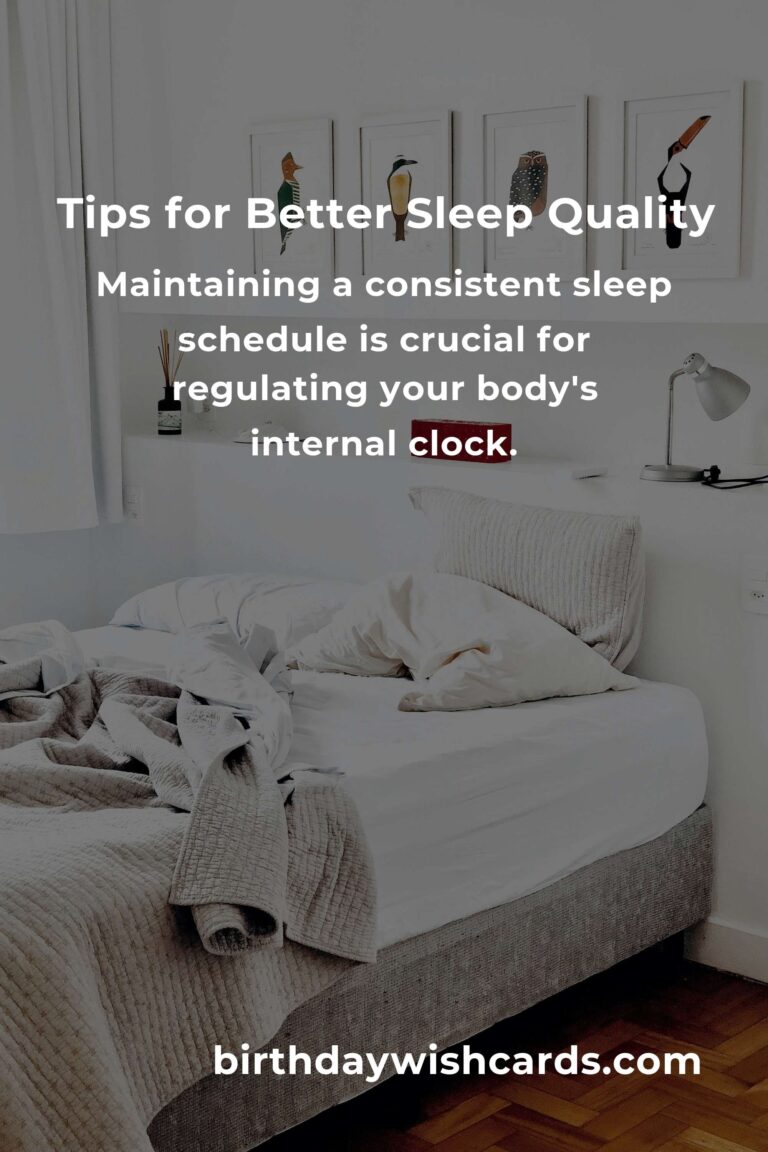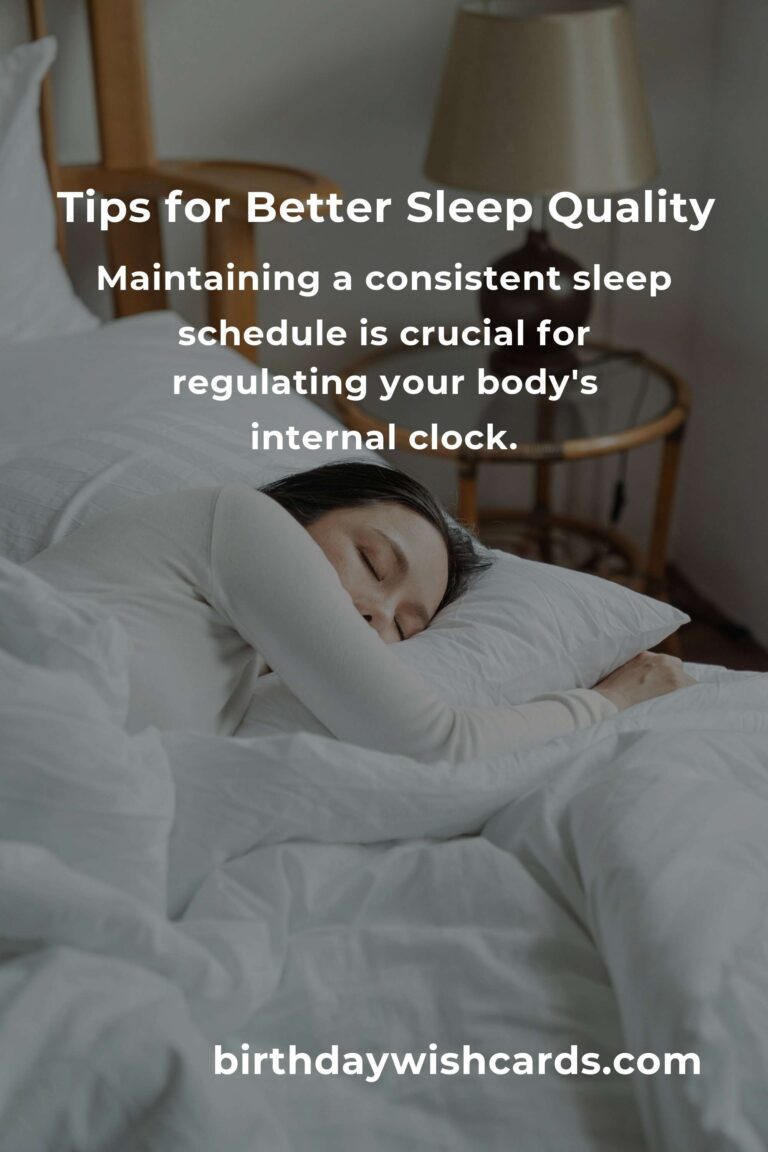
As we age, achieving a good night’s sleep can become more challenging. However, sleep is crucial for maintaining both physical and mental health, especially in your 60s. Here are 34 tips to improve your sleep quality and ensure you wake up feeling refreshed.
1. Maintain a Consistent Sleep Schedule
Go to bed and wake up at the same time every day, even on weekends, to regulate your body’s internal clock.
2. Create a Relaxing Bedtime Routine
Engage in calming activities before bedtime, such as reading or taking a warm bath, to signal your body it’s time to wind down.
3. Limit Exposure to Light Before Bed
Reduce screen time and exposure to bright lights at least an hour before sleep to help your body produce melatonin, the sleep hormone.
4. Optimize Your Sleep Environment
Ensure your bedroom is cool, dark, and quiet. Consider blackout curtains or a white noise machine if necessary.
5. Choose a Comfortable Mattress and Pillow
Invest in a mattress and pillow that provide adequate support and comfort to prevent aches and pains.
6. Limit Caffeine and Alcohol Intake
Avoid caffeine and alcohol close to bedtime as they can disrupt your sleep cycle.
7. Stay Active During the Day
Regular physical activity can help you fall asleep faster and enjoy deeper sleep. However, avoid vigorous exercise close to bedtime.
8. Manage Stress and Anxiety
Practice relaxation techniques such as meditation or deep breathing exercises to manage stressors that can interfere with sleep.
9. Avoid Long Daytime Naps
While short naps can be beneficial, long or irregular napping during the day can negatively affect your sleep.
10. Consider Sleep-Enhancing Supplements
Consult with your doctor about supplements like melatonin or magnesium that may improve sleep quality.
11. Limit Fluid Intake in the Evening
Reduce your fluid intake in the evening to minimize frequent trips to the bathroom at night.
12. Address Any Sleep Disorders
If you suspect a sleep disorder such as sleep apnea, seek medical advice for appropriate treatment.
13. Try Aromatherapy
Use essential oils like lavender or chamomile which are known for their calming effects.
14. Keep a Sleep Diary
Track your sleep patterns and habits to identify factors that might be affecting your sleep.
15. Limit Heavy Meals Before Bed
Try to avoid large meals and spicy foods before bedtime to prevent discomfort and indigestion.
16. Ensure Adequate Exposure to Daylight
Natural light exposure during the day helps regulate your sleep-wake cycle.
17. Practice Yoga or Stretching
Gentle yoga or stretching before bed can help relax your body and prepare you for sleep.
18. Reserve Your Bed for Sleep and Intimacy
Avoid using your bed for work or watching TV to strengthen the mental association between your bed and sleep.
19. Keep Your Bedroom Technology-Free
Remove electronic devices from your bedroom to reduce distractions and blue light exposure.
20. Adjust Your Sleep Position
Find a sleep position that supports your spine and reduces pain, such as sleeping on your back or side.
21. Maintain a Healthy Diet
A balanced diet with plenty of fruits and vegetables can contribute to better sleep quality.
22. Consider Cognitive Behavioral Therapy
Cognitive Behavioral Therapy for Insomnia (CBT-I) is an effective treatment for chronic sleep problems.
23. Listen to Soothing Music or Sounds
Calming music or nature sounds can help you relax and drift off to sleep.
24. Check Your Medications
Review your medications with a healthcare provider, as some drugs can interfere with sleep.
25. Avoid Smoking
Nicotene is a stimulant that can disrupt your sleep patterns.
26. Practice Gratitude
Reflecting on positive aspects of your day can help reduce stress and improve sleep.
27. Engage in Mental Stimulation During the Day
Activities like puzzles or reading keep your mind active and can lead to better sleep.
28. Avoid Watching the Clock
Watching the clock can increase stress and make it harder to fall asleep.
29. Use a Comfortable Sleep Mask
A sleep mask can block out unwanted light and help you sleep more soundly.
30. Avoid Going to Bed Angry
Try to resolve conflicts before bedtime to prevent anxiety or stress from keeping you awake.
31. Have a Light Evening Snack
A small carbohydrate-rich snack can prevent hunger and help induce sleep.
32. Monitor Your Sleep Progress
Use a sleep tracker to monitor your sleep patterns and make necessary adjustments.
33. Get Regular Health Check-ups
Regular visits to your healthcare provider can help address any health issues that might affect your sleep.
34. Accept That Sleep Patterns Change with Age
Understanding that some sleep changes are a normal part of aging can help reduce anxiety about sleep.
By incorporating these tips into your daily routine, you can improve your sleep quality and enjoy the benefits of a restful night in your 60s.
Maintaining a consistent sleep schedule is crucial for regulating your body’s internal clock.
Creating a relaxing bedtime routine can help signal your body it’s time to wind down.
Limiting exposure to light before bed aids in melatonin production.
Optimizing your sleep environment ensures conducive conditions for restful sleep.
Consult with a doctor about sleep-enhancing supplements if needed.
#BetterSleep #SleepTips #HealthyAging













